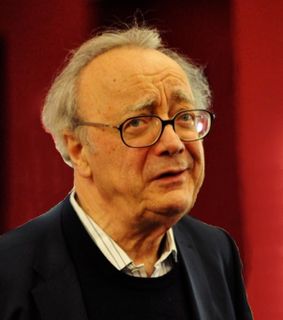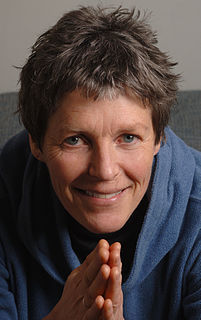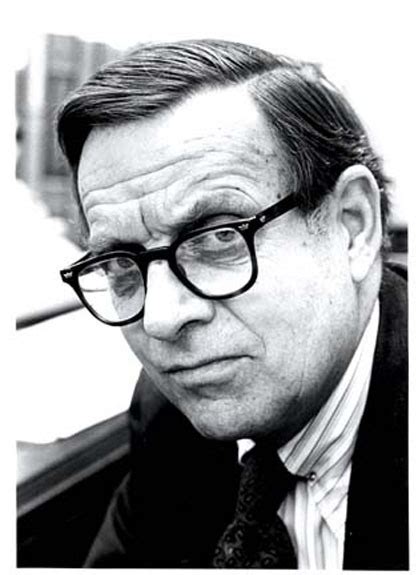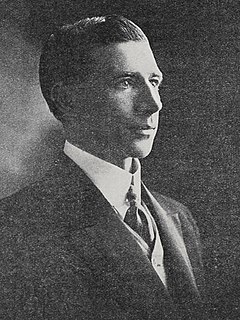A Quote by Megan McCafferty
Humans find meaningfulness where none exists because we want to create a sense of order in this chaotic universe. It's called apophenia. (And it's also the reason people believe in God.)
Related Quotes
[Gandhi] said, "I want to find God, and because I want to find God, I have to find God along with other people. I don't believe I can find God alone. If I did, I would be running to the Himalayas to find God in some cave there. But since I believe that nobody can find God alone, I have to work with people. I have to take them with me. Alone I can't come to Him."
I believe that what we want to write wants to be written. I believe that as I have an impulse to create, the something I want to create has an impulse to want to be born. My job, then, is to show up on the page and let that something move through me, in a sense, what wants to be written is none of my business.
I believe in God. Maybe not the Catholic God or even the Christian one because I have a hard time seeing any God as elitist. I also have a hard time believing that anything that created rain forests and oceans and an infinite universe would, in the same process, create something as unnatural as humanity in its own image. I believe in God, but not as a he or she or an it, but as something that defines my ability to conceptualize within the rather paltry frames of reference I have on hand.
Most scientists who are religious look for God in what science does understand and has explained. So the way in which my view is different from the creationists or intelligent design proponents is that I find knowledge a compelling reason to believe in God. They find ignorance a compelling reason to believe in God.
A prevalent fallacy is the assumption that a proof of an afterlife would also be a proof of the existence of a deity. This is far from being the case. If, as I hold, there is no good reason to believe that a god either created or presides over this world, there is equally no good reason to believe that a god created or presides over the next world, on the unlikely supposition that such a thing exists.
Ultimately, there is no such thing as "my consciousness," but just the one consciousness and to sense your connectedness with the one (I can sense that continuously, which is why I can say that I know this for sure) to sense that connectedness with the one consciousness that pervades the universe, which in some traditions is called God, to sense that frees you of fear, from anxiety, and takes you to a very deep place of peace, but also of heightened aliveness.







































